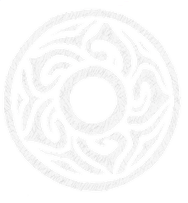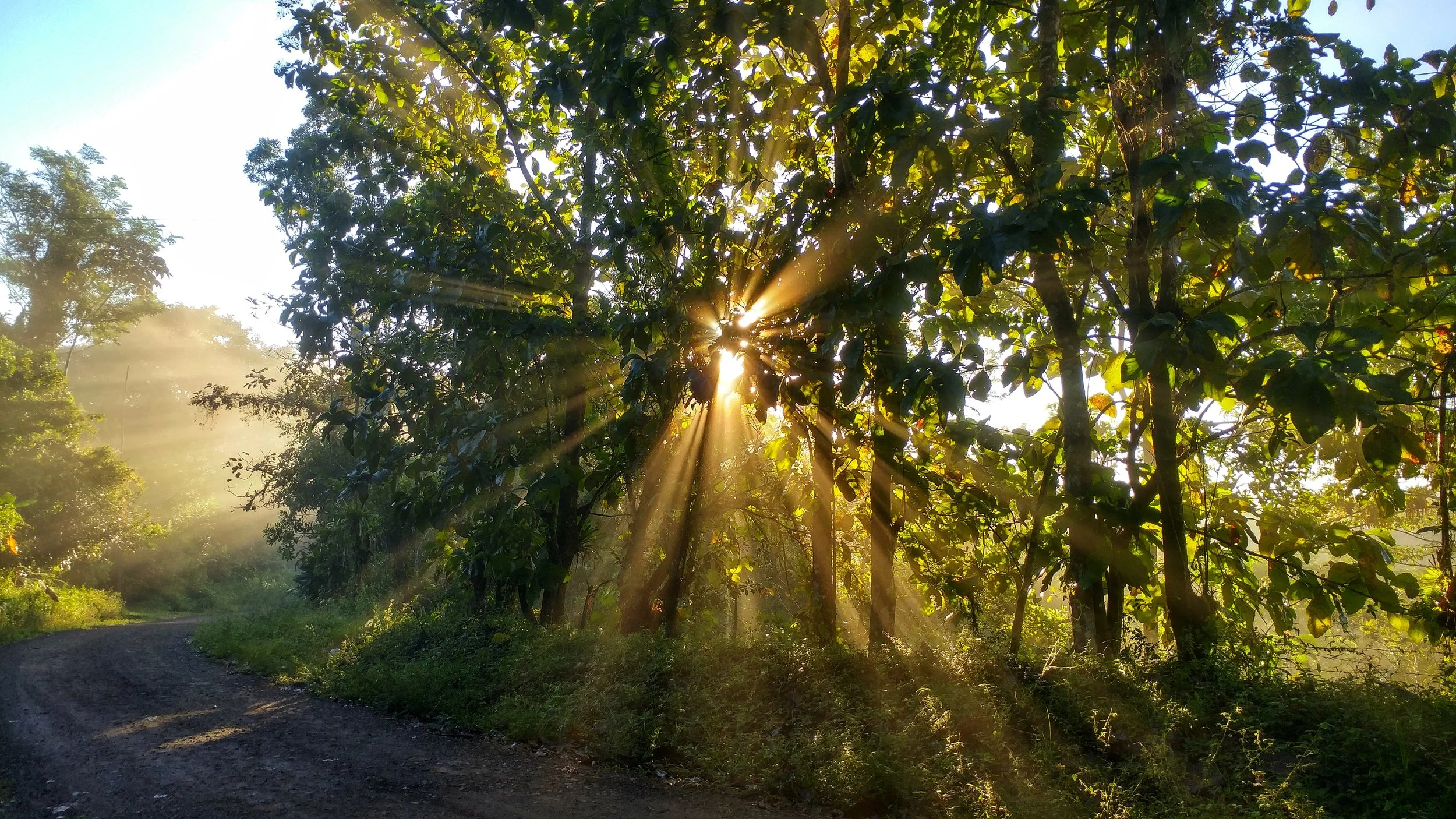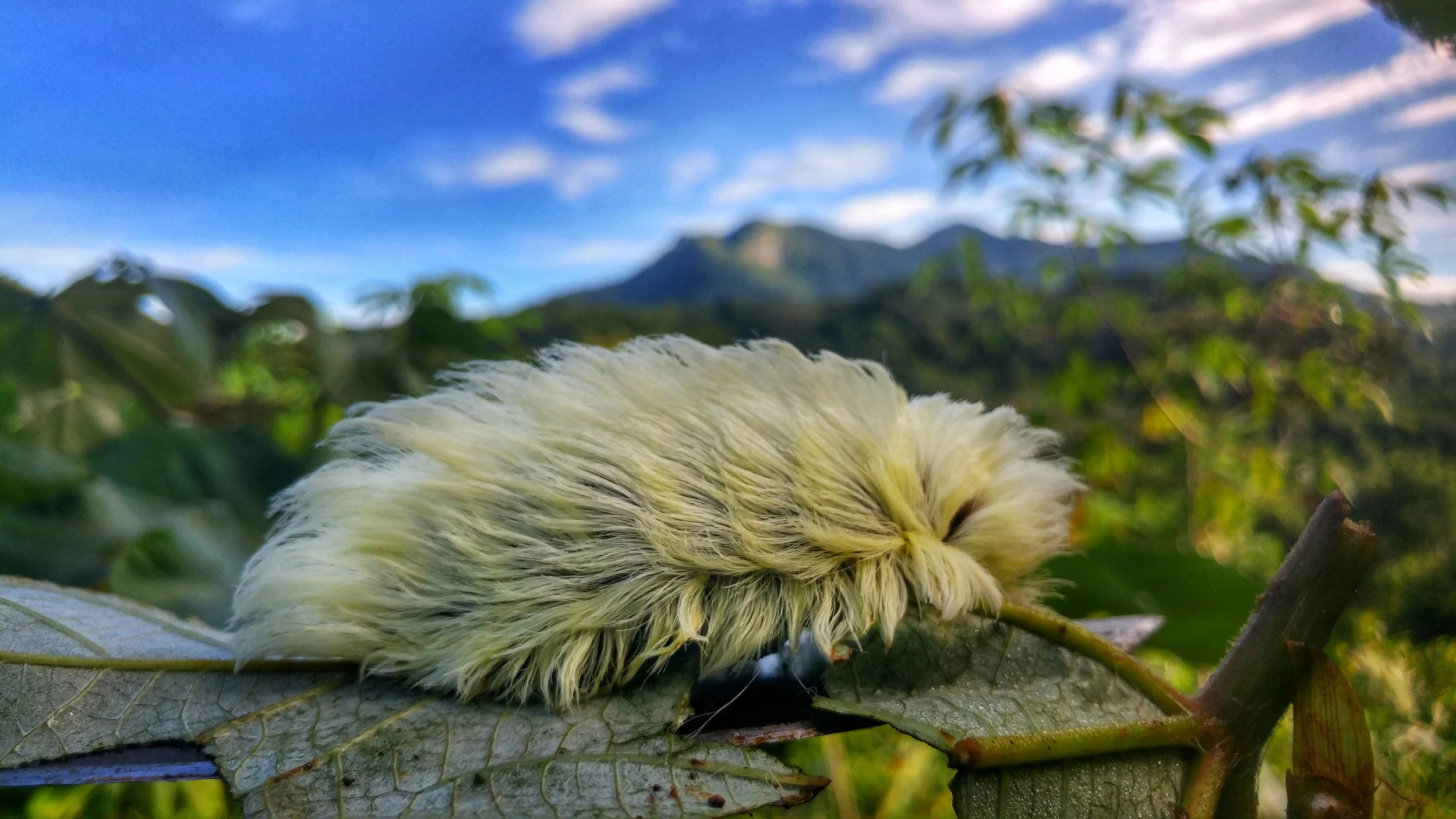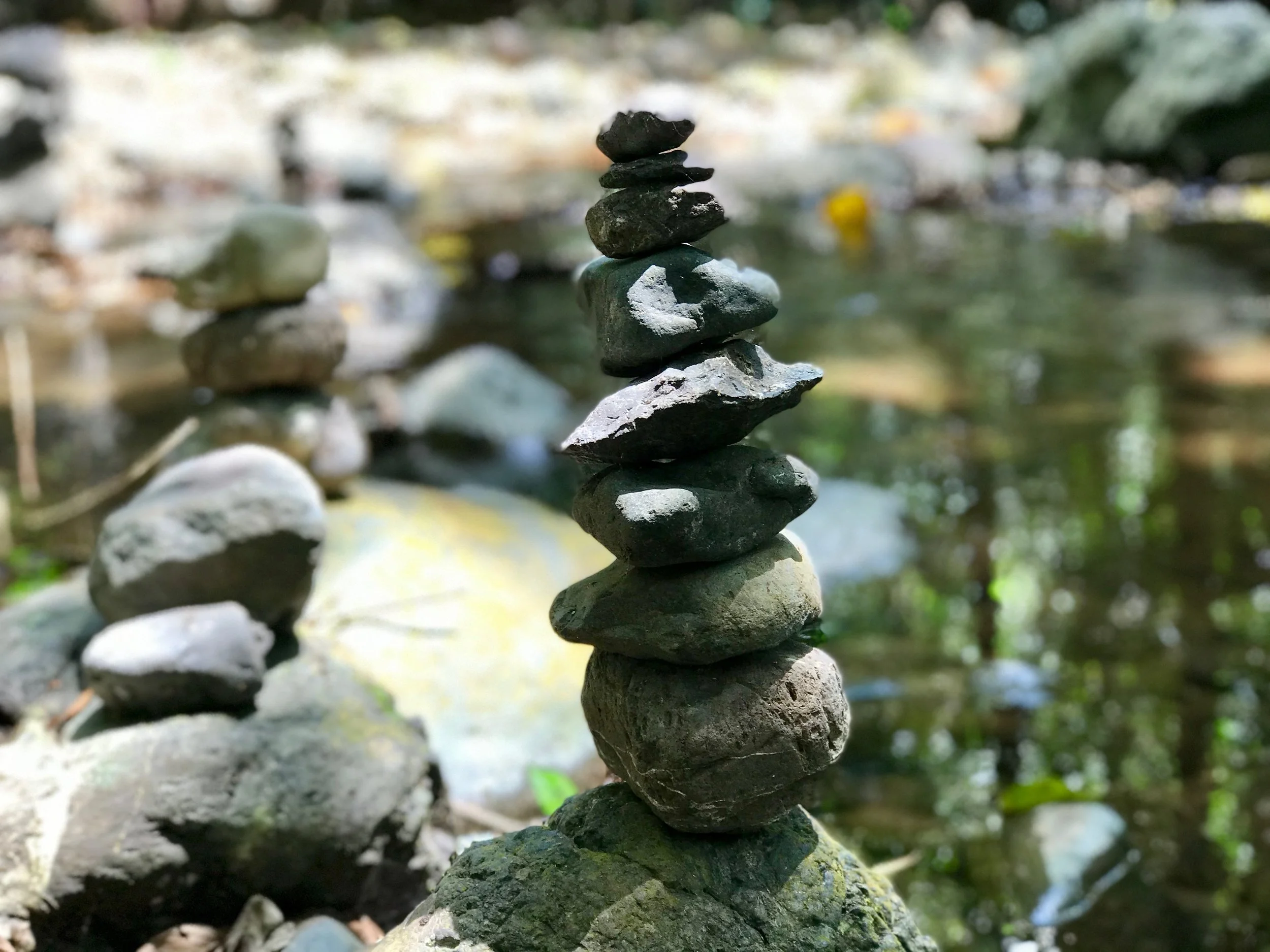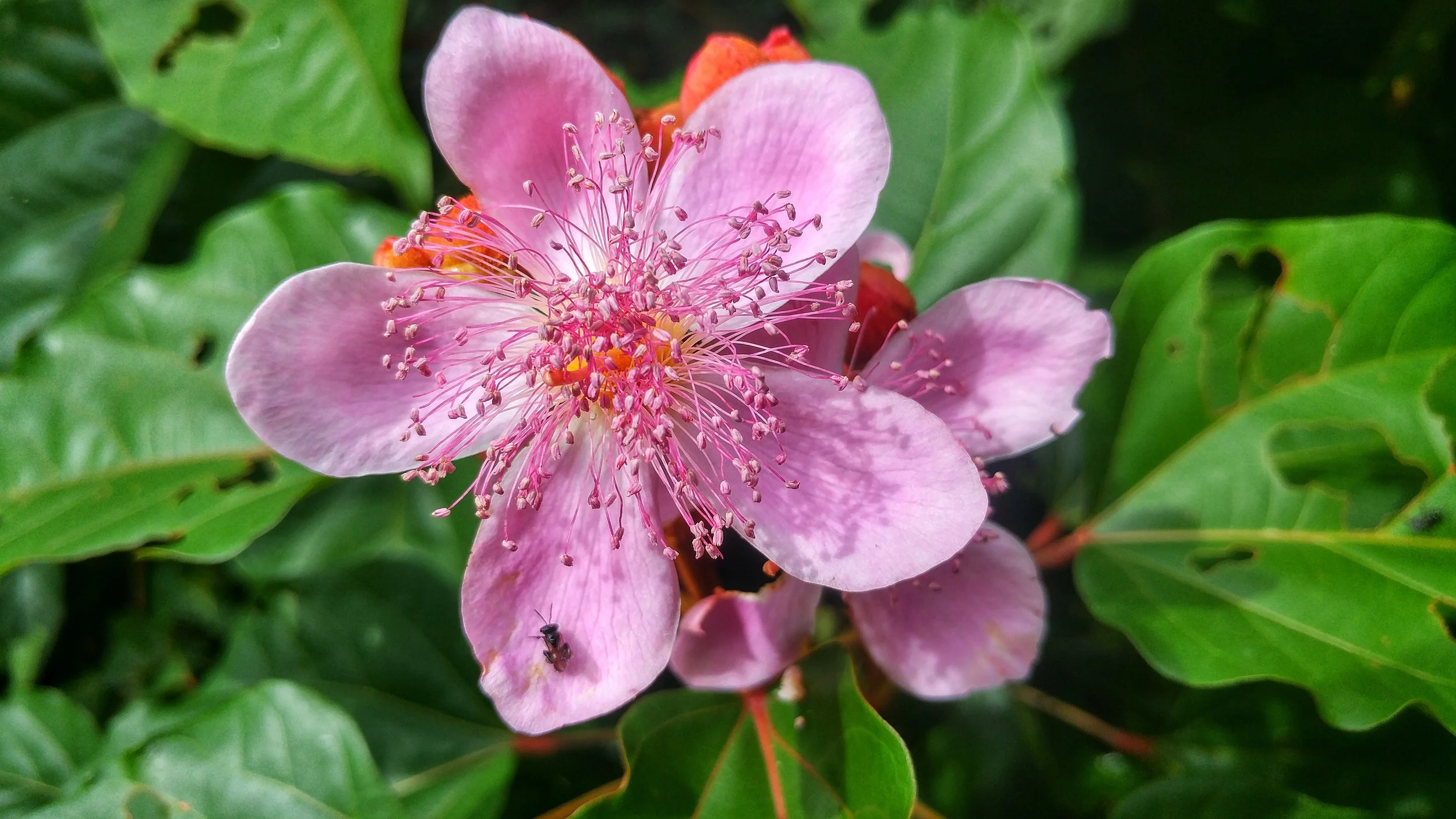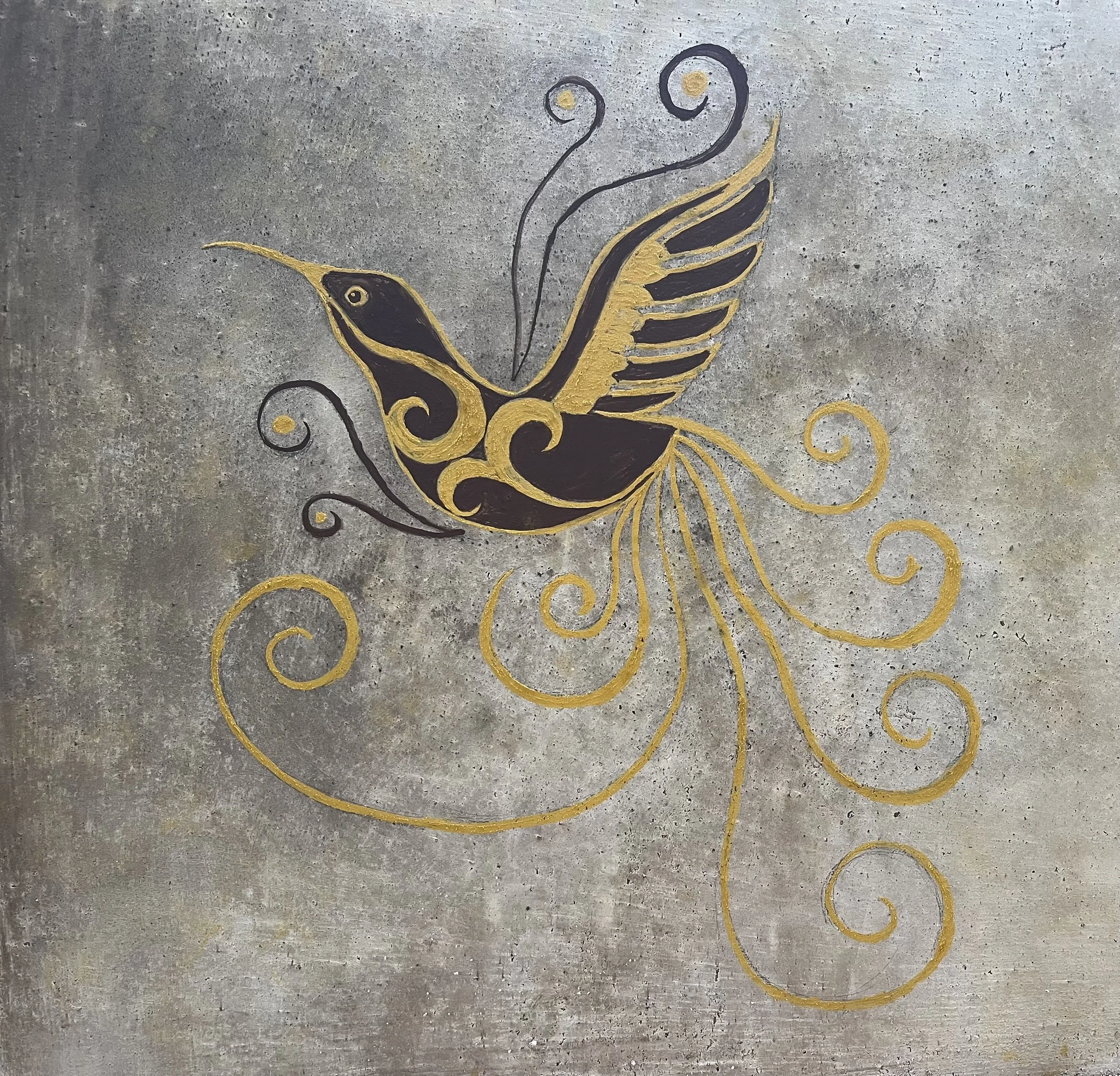The Art of Simplicity
By 2024 apprentice Julia Holer
If we intend to design a culture where the permaculture ethic "fair share" is embodied - where the needs of all beings are met- it is necessary to learn to live simply, taking only what we need and distributing the surplus fairly- the abundance that nature so graciously lavishes upon us. We have to (re)learn and practice the art of simplicity -a way of life many of us seem to have forgotten.
Living simply is living lightly on this earth. The complexity of modern life is weighing us down - in the material realm as well as the mental realm. Human made materials have already outweighed the earth's natural biomass.
We tend to look at people who do subsistence farming as "backwards," but considering the world's state isn't it more "backwards" to go to the gym and work out on exercise bikes while using fossil fuels to go grocery shopping? Modern life has created a lot of complexities - physically and mentally. Too much or too little of anything creates complexity. For example drinking water. If you drink too little your body dries up - If you drink too much you are bloated. Burn Out - Working yourself to the brink of exhaustion instead of having a balance between moving, challenging and nourishing yourself - is a symptom of the complexity of modern life. So is our consumerist culture - accumulating more and more stuff, distractions and stimuli of all sorts lead to polluted minds, stagnant creativity and a lack of focus and awareness.
Countermovement like the minimalist trend, pick up on the complexities modern living has created and embrace a simpler, decluttered lifestyle, following the quote by William Morris:
“Have nothing in your house
that you do not know to be useful
or believe to be beautiful.”
Learning to live with fewer and simpler things, fewer expenses brings us greater freedom and makes us less vulnerable to social and economic crisis. We worry less about loss and spend less time protecting what we have. Simple living is less exploitative and also requires less effort to maintain.
When we live in complexity our needs (energy, material goods...) increase and we live at the expense of others. The simpler our lives the more possible it becomes to contribute in proportion to what we use.
A handmade life
If you want to invite more simplicity into your life - learn and practice a craft - any craft (knitting, carving, drawing, weaving, cooking,...) where you have to use both head and hands. Crafting things with your hands brings you into a space of inner calmness and gives you confidence in your ability to create, expanding your creative potential as well as your wellbeing and contributes to the enrichment of the design and quality of the things surrounding us - which in consequence simplifies our lives - we own less things, but the things we have, we truly appreciate. There is a few things more satisfying than using items you have made yourself.
Living in intentional community
Living in intentional community can simplify our lives greatly - sharing tasks, tools, cooking and cleaning shifts, spaces and ideas is a beautiful way to consume less and live life in a more meaningful way. In a community where creativity is fostered the focus shifts from having things to making them, as a result they become a source of great satisfaction and pleasure.
Designing simplicity
Design in its essence is the analysis of a problem and seeking the best solution - in order to create more efficiency, solutions have to be simple (and slow). Using locally available materials reduces transport distances and carbon emissions. Using the output of one element of our system for another element’s input is diminishing the need for outside inputs, thus simplifiying the system as a whole. Appropriate technology needs to be fitted to human needs as well as the needs of our ecosystems. Thoughtful and conscious choices that might not seem like the "as little as possible" option at first but save energy, time or labor (power tools, using cement for certain structures, using washing machines,...) might also contribute to more simplicity if used with intention. Permaculture Design looks at all these factors - designing systems that simplify our lives while not creating more complexity for other (eco)systems.
Inner simplicity
Inner noise and turmoil is one of the symptoms of modern societies and can manifest in the form of stress, burn-out and mental illnesses. The times we spend in silence, meditation, prayer, contemplation or other spiritual/mindful practices helps us to remove inner clutter.
There lies immeasurable worth in treating our bodies and spirits as temples and gardens- entering barefoot and in quietness, watering and caring for them, tending them to grow, being diligent in discerning what we allow to enter in or let linger in these sacred spaces.
The clearing of inner spaces helps us to interact with the outside word in more simple and gracious ways - we are growing in our ability to communicate clearly, precisely and to the point - discerning when to be silent and practice active listening.
Coming here to Rancho Mastatal for the apprenticeship was the much needed fulfillment of a deep longing for more simplicity in my life. Complex life in the city required a lot of effort to stay energetically balanced and grounded. Being emmersed in nature, eating well, doing physical work, being surrounded and inspired by kindred spirits has simplified and at the same time enriched my life in so many ways.
Every day I feel more grounded, content and grateful for a simple, intentional and balanced life - which of course doesn't just happen randomly - at Rancho Mastatal you can find the well designed and continuously adjusted workspaces, living areas and agricultural spaces - as well as the beautiful weavings of invisible structures - community building through meetings, check-ins, team-sports and so much more that keeps this place working well, and simplifying while at the same time enhancing all of our lives here.
In the process of thinking about the art of simplicity the following questions came up that I want to share with you as a prompt to invite more simplicity into your own life:
How do I use my energy?
Am I aware of my needs?
What's the simplest solution you can think of to meet your needs?
Where can I do with less?
Where do I have too much clutter in my life -inside and outside?
Are the things I own useful or do they bring me joy?
How can I invite more simplicity and efficiency into my life - without creating complexity for others?
Contemplating simplicity and taking appropriate steps, designing your life with intention is contributing to the betterment of our world as a whole - ending with the words of Elizabeth Seton:
“Live simply - so that others may simply live.”
